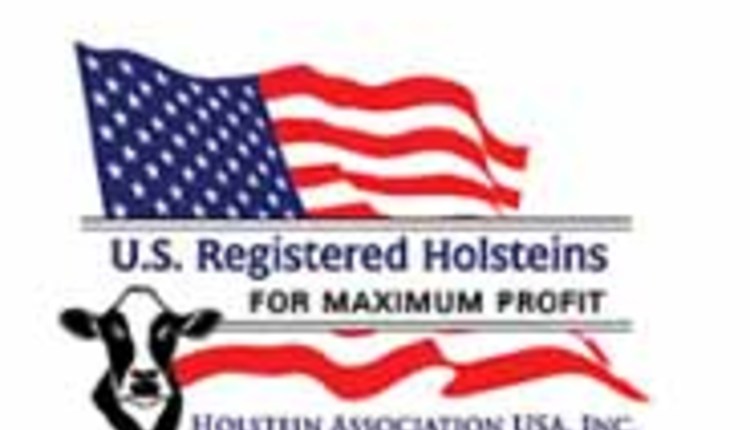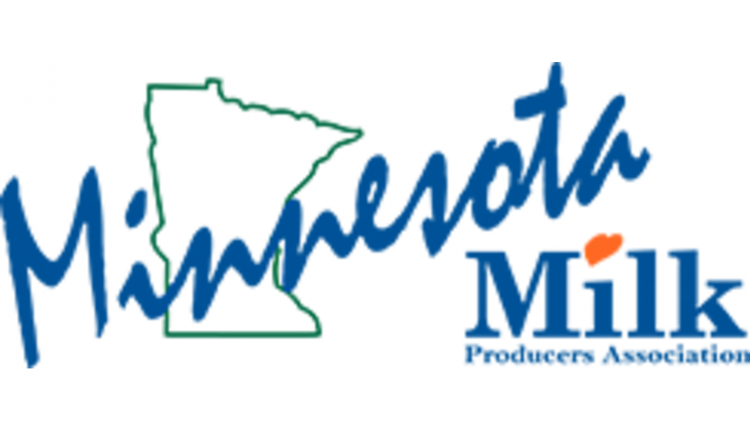Of the labels bandied about by anti-animal ag activists and the media, the terms factory farming and factory farm, with the negative connotation they've taken on, irk us the most. Please, what, pray tell, is a factory farm?
We suspect that many would consider the 400-cow Hoard's Dairyman Farm a factory farm. That would be a bitter pill to us considering how our docile Guernseys and Jerseys love their sand-bedded stalls . . . take a few steps for their meticulously formulated and fed diet . . . walk another few feet for fresh water . . . are watched carefully around the clock by farm employees and electronic monitoring . . . are sheltered from winter winds . . . enjoy summer breezes from the comfort of shade. Many of you provide your cows all this and more.
Anti-animal ag activists play the "factory" card to fill consumers' minds with insidious images of livestock production . . . animal suffering, excessive use of antibiotics and hormones, food safety concerns, environmental damage, and corporate greed. The media buys the message. During her piece on antibiotic use in livestock early last year, CBS anchor Katie Couric used the term factory farm five times in three minutes.
According to research funded by the Beef Checkoff, the number of Americans who are familiar with the term factory farming jumped by 15 percentage points since 2008 . . . 49 percent to 64. The percentage of consumers who associate factory farming with chickens shot up significantly . . . to 75 percent.
We were a bit surprised that more people associate factory farming with cattle (59 percent) than with pigs (34 percent). But beef cattle are much more associated with factory farming (48 percent) than dairy cattle (7 percent). That brings us comfort but means we have a positive image to uphold.
We suspect most who associated factory farming with meat and milk have neither been on a farm or in an up-to-date manufacturing plant in recent years. To use the term factory in such a demeaning way is an insult to people who produce meat and milk and to those who manufacture items that improve our lives. Interestingly, W. D. Hoard, as shown in the quote at right, believed that modern dairying made a factory of the farm.
This editorial appeared in the February 25, 2011 issue of Hoard's Dairyman on page 134.
We suspect that many would consider the 400-cow Hoard's Dairyman Farm a factory farm. That would be a bitter pill to us considering how our docile Guernseys and Jerseys love their sand-bedded stalls . . . take a few steps for their meticulously formulated and fed diet . . . walk another few feet for fresh water . . . are watched carefully around the clock by farm employees and electronic monitoring . . . are sheltered from winter winds . . . enjoy summer breezes from the comfort of shade. Many of you provide your cows all this and more.
Anti-animal ag activists play the "factory" card to fill consumers' minds with insidious images of livestock production . . . animal suffering, excessive use of antibiotics and hormones, food safety concerns, environmental damage, and corporate greed. The media buys the message. During her piece on antibiotic use in livestock early last year, CBS anchor Katie Couric used the term factory farm five times in three minutes.
According to research funded by the Beef Checkoff, the number of Americans who are familiar with the term factory farming jumped by 15 percentage points since 2008 . . . 49 percent to 64. The percentage of consumers who associate factory farming with chickens shot up significantly . . . to 75 percent.
We were a bit surprised that more people associate factory farming with cattle (59 percent) than with pigs (34 percent). But beef cattle are much more associated with factory farming (48 percent) than dairy cattle (7 percent). That brings us comfort but means we have a positive image to uphold.
We suspect most who associated factory farming with meat and milk have neither been on a farm or in an up-to-date manufacturing plant in recent years. To use the term factory in such a demeaning way is an insult to people who produce meat and milk and to those who manufacture items that improve our lives. Interestingly, W. D. Hoard, as shown in the quote at right, believed that modern dairying made a factory of the farm.
This editorial appeared in the February 25, 2011 issue of Hoard's Dairyman on page 134.











